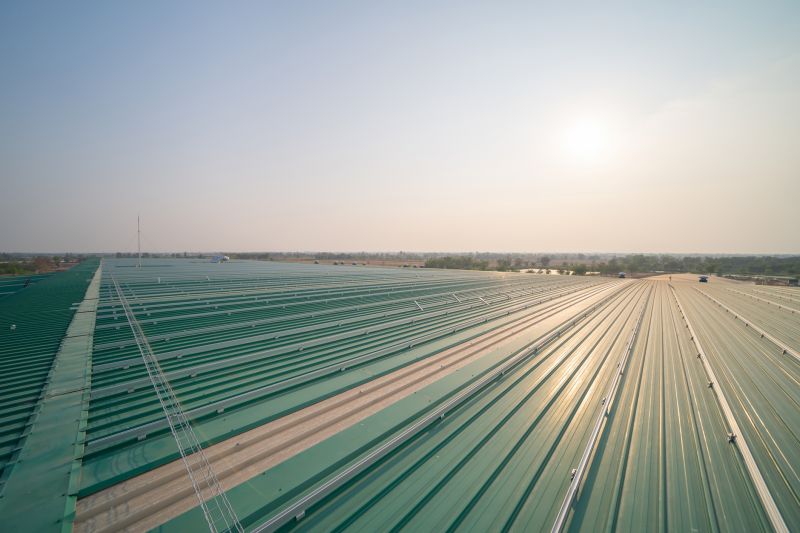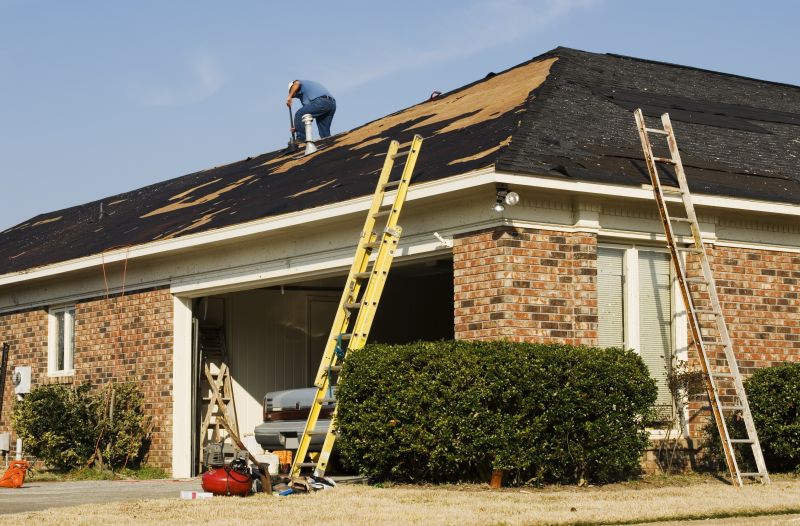Optimal Seasons for Roofing Services
Determining the optimal time for roofing service depends on various factors including weather conditions, temperature, and the specific type of roofing work required. Typically, the most suitable seasons are during mild weather periods when temperatures are neither too hot nor too cold, ensuring proper installation and material performance.
Spring offers moderate temperatures and longer daylight hours, making it an ideal time for roofing repairs and installations.
Summer provides warm weather, but high temperatures and storms can cause delays. Early summer is preferable for scheduling.
Fall is often considered the best season for roofing work due to cooler temperatures and dry weather, which help ensure quality installations.
Winter is generally less ideal due to cold temperatures and potential snow or ice, but some roofing projects can be scheduled during mild winter days.

Ways to make Roofing Service work in tight or awkward layouts.

Popular materials for Roofing Service and why they hold up over time.

Simple add-ons that improve Roofing Service without blowing the budget.

High-end options that actually feel worth it for Roofing Service.

Finishes and colors that play nicely with Roofing Service.

Little measurements that prevent headaches on Roofing Service day.
Roofing service encompasses a variety of projects including repairs, replacements, and new installations. Proper timing ensures the longevity and performance of roofing materials. Seasonal considerations are crucial for avoiding delays and ensuring safety during work. Weather conditions such as rain, snow, and extreme heat can impact project timelines and quality.

A 60-second routine that keeps Roofing Service looking new.

A frequent mistake in Roofing Service and how to dodge it.

Small tweaks to make Roofing Service safer and easier to use.

Lower-waste or water-saving choices for Roofing Service.

The short, realistic tool list for quality Roofing Service.

Rough timing from prep to clean-up for Roofing Service.
| Season | Ideal Conditions |
|---|---|
| Spring | Moderate temperatures, longer daylight |
| Summer | Warm weather, early summer preferred |
| Fall | Cooler temperatures, dry weather |
| Winter | Cold temperatures, potential snow or ice |
Understanding seasonal patterns helps in planning roofing projects effectively. Properly timed work can prevent weather-related damages and ensure that materials such as asphalt shingles, tiles, or metal roofing are installed under optimal conditions. This approach contributes to the durability and performance of the roofing system over time.




